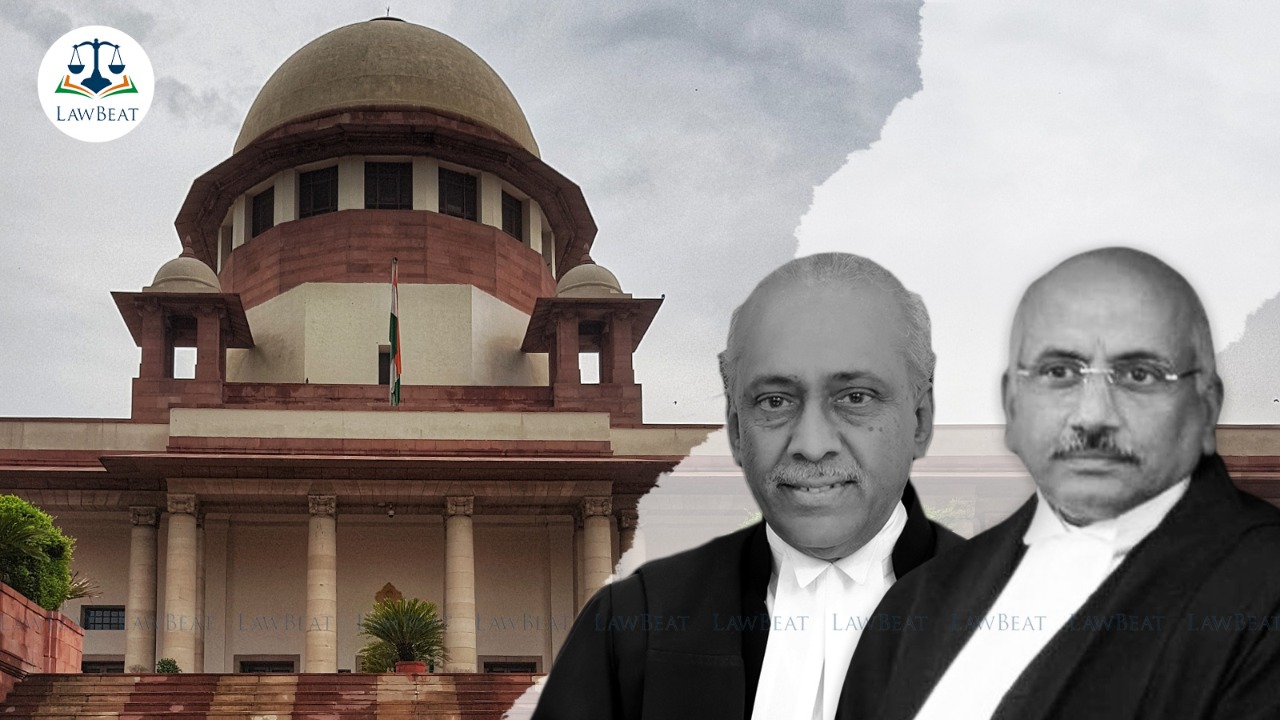No need to deposit fifty per cent of compensation amount to challenge NCDRC order in complaints filed before Consumer Protection Act, 2019: Top Court

The Supreme Court on Tuesday clarified that the onerous condition of payment of 50% of the amount awarded, in order to challenge an order passed by the National Consumer Dispute Redressal Commission (NCDRC) will not be applicable to the complaints filed prior to the commencement of the 2019 Act.
Justice Hemant Gupta and Justice V Ramasubramaniam made this observation while allowing an IA filed by ECGC Limited.
An appeal was filed by ECGC against an order passed by the NCDRC whereby it was directed to pay a sum of Rs. 265.01 Crores along with interest @ 10% p.a. from September 19, 2016 within a period of three months. In case of failure to deposit the said amount, the awarded amount would carry compensation in the form of simple interest @ 12% p.a.
ECGC then filed the instant application ex abundanti cautela to entertain the appeal as per the provisions of the Consumer Protection Act, 1986.
Therefore, a question arose before the bench as to whether the present appeal would be governed under the Consumer Protection Act, 2019 or under the erstwhile 1986 Act.
In terms of Section 67 of the 2019 Act, no appeal against the order of National Commission shall be entertained by the Supreme Court unless the person has deposited fifty per cent of the amount required to be paid. Whereas, under the 1986 Act, by virtue of a proviso inserted vide Central Act 62 of 2002 w.e.f. March 15, 2003, the condition was that no appeal shall be entertained by the Supreme Court unless the person who is required to pay the amount deposits fifty per cent of the amount or fifty thousand, whichever is less.
The Attorney General appearing for ECGC submitted that the appeal had been preferred under Section 23 of the 1986 Act and not under the 2019 Act which came into force from July 20, 2020.
He further argued that Section 107 of 2019 Act and Section 6 of the General Clauses Act, 1897 unequivocally operate against any question of retrospectivity.
Relying on Sub-section (2) of Section 107 of the 2019 Act, the AG said that the provision protects the actions taken under the 1986 Act insofar as such actions are not inconsistent with the provisions of 2019 Act. He added that Sub-section (3) contemplates that the particular matters in sub-section (2) shall not prejudice or affect the general application of Section 6 of the General Clauses Act with regard to the effect of repeal.
Referring to clause (c) of Section 6 of the General Clauses Act, it was argued that unless a different intention appears, the repeal shall not affect any right, privilege, obligation or liability acquired, accrued or incurred under any enactment so repealed.
Further, it was submitted that Clause (e) stipulates that the repeal shall not affect any investigation, legal proceeding or remedy in respect of any such right, privilege, obligation, liability, penalty, forfeiture or punishment which may be imposed as if the repealing Act or the Regulation has not been passed.
The bench while allowing the IA refused to rely on the view that right of appeal is a creation of statute and the legislature is competent to determine the conditions on which an appeal would lie.
Cause Title: ECGC Limited vs Mokul Shriram EPC JV
